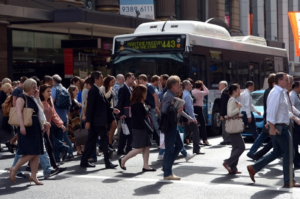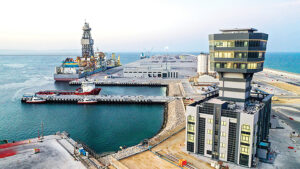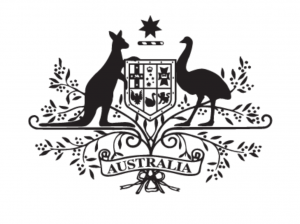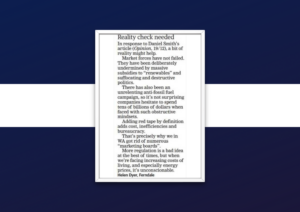
News Australians are ready, willing, and able to work – let them!
Currently, only 3 per cent of pensioners work in Australia, compared to 25 per cent in New Zealand. This is not because pensioners in Australia do not want to work. Research has shown that around one in five want to work, but do not, because of unfair tax and red tape barriers.The solution is to follow New Zealand’s approach by removing all red tape on pensioners, students, and veterans. This would mean that these Australians could earn as much income as they would want, without losing their pension payments or welfare benefits. Of course, they would still pay income tax like every other Australian worker. Removing all red-tape and barriers for Australian pensioners, veterans, and students to get back into the workforce, without suffering significant financial penalties, is a simple and effective policy measure that is good for them and good for our nation. More Australians working means higher government revenue through income tax, GST, and payroll tax, which can be reinvested into infrastructure and used to pay down our debt.









